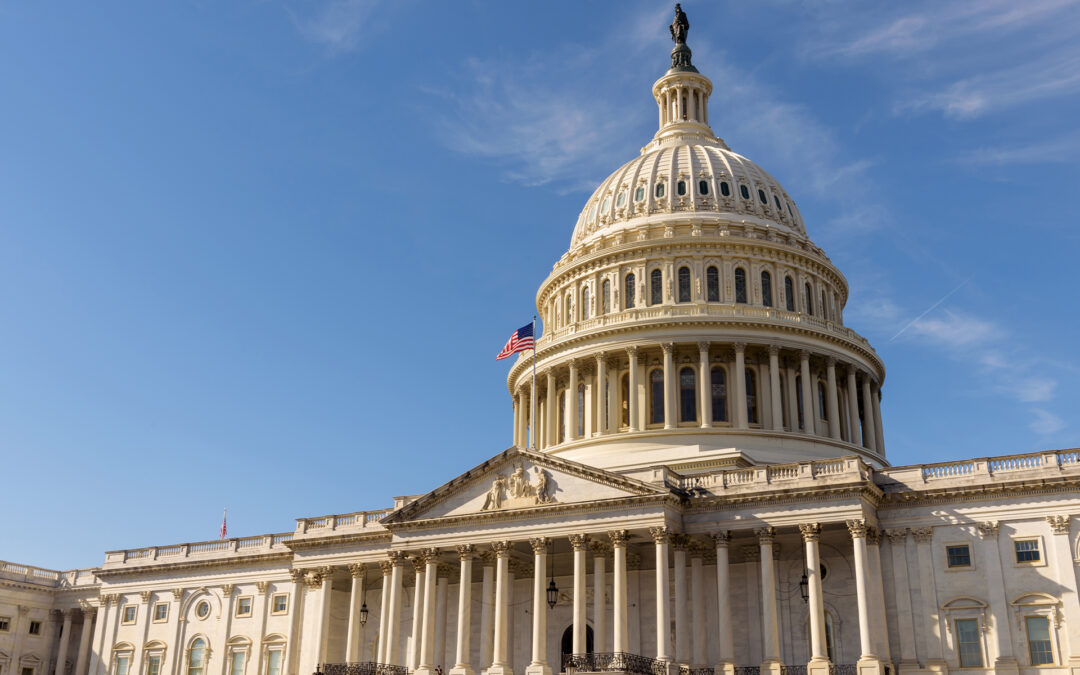The United States Census Bureau reported March retail sales grew by 1.4% seasonally adjusted month over month and 4.6% unadjusted year over year as consumers braced for possible rising prices because of tariffs.
The March numbers compared with increases of 0.2% month over month and 3.5% year over year in February.
In commenting on the Census Bureau findings, National Retail Federation Chief Economist Jack Kleinhenz said growth occurred as consumers continued to worry about the impact of rising tariffs.
“Retail sales strengthened in March, supported by continued solid growth in income, lower energy costs and bigger-than-usual tax refunds that all helped support household budgets,” Kleinhenz said. “However, there is no question that the consumer is not feeling great given the confusion of policy announcements from Washington. On-again, off-again rising tariffs and resulting turmoil in the stock market and world economy are clearly impacting consumer concerns about higher prices and future consumer spending growth.”
March’s core retail sales as defined by NRF, based on the Census data but with automobile dealers, gasoline stations and restaurants input excluded, advanced 0.6% seasonally adjusted month over month and up 3.4% unadjusted year over year. NRF added that core sales gained 2.6% year over year on a three-month moving average.
For 2025, NRF is forecasting that core retail sales will increase between 2.7% and 3.7% year over year.
The recent CNBC/NRF Retail Monitor report included a core retail sales gain of 0.4% seasonally adjusted month over month in March and 5.07% unadjusted year over year. The March figures compare with a decrease of 0.22% month over month and an increase of 4.11% year over year in February.
NRF noted the Census Bureau and Retail Monitor results reflect consumer spending that came after President Donald Trump announced tariffs on China, Canada and Mexico in February and before he announced a minimum 10% tariff on all U.S trading partners on April 2 along with sweeping “reciprocal” tariffs on dozens of countries. The White House subsequently suspended non-China duties for 90 days, but other tariff announcements have followed, and the situation remains unsettled. A survey conducted for NRF in March found 46% of consumers were stocking up on appliances, clothing and other items because of worries about tariffs generating higher prices.





